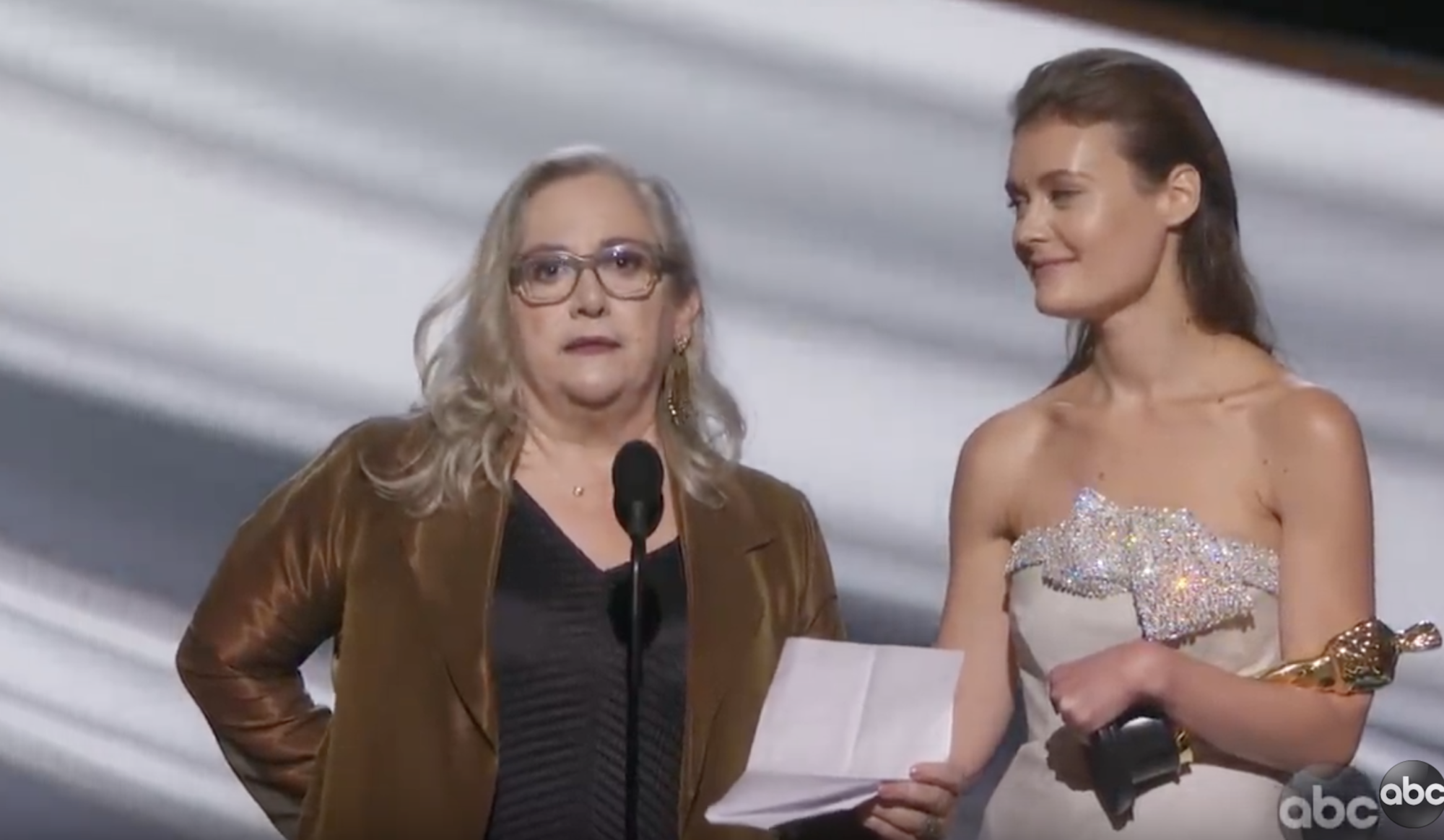Because Actions Speak Louder Than Job Titles
On a film set, every worker is hand-picked to be there. Usually, you get hand-picked because someone on that set knows your work. They recommend you because you are good at what you do and because you are a pleasure to work with.
The tech/startup world is not too different. As work evolves, I believe that more of the job market will shift toward this tour-of-duty model, in which people come together to solve a specific problem. Increasingly, the future of work will look much more like a film set.
To reflect this project-based work, we need a new kind of resume. This requires surfacing a different set of data—not just statements by the individual, but validation by the actions of those who work with them.
This requires two key changes to how the world of resumes works:
1. The new resume should capture the fact that great people get picked repeatedly to be on ambitious teams.
If I, as a director, choose to work with a producer or cinematographer repeatedly, it means I respect their capabilities and enjoy working with them. I am vouching for them with my actions. This data is gold1.
Similarly, in the tech world, I might hire the same engineer for multiple startups. By hiring her repeatedly, I’m vouching for her with my actions. Ideally, her resume should highlight the repeat engagements she’s earned, because the biggest validation by any work colleague is “Yes, I would choose to work with you again.”
When someone is always selected, it’s because they are great. As the world moves to project-based work, this will be the key signal.
2. The new resume needs to capture the value created, even in a short time.
While people may only participate for a short period of time (1-2 years, 2-3 months etc.), they may still have an outsized impact on value creation. So, the new resume needs to capture the value that the person created, which is weighed more highly than their tenure. (By the way, we also need a different compensation system for this, but that’s a topic for another post).
The new resume could make work better for everyone
Here’s how:
- Shorter projects lower the bar in a good way: When a team is hiring for a shorter project, it makes it easier to be considered or to break into an industry. Instead of having to be vetted by dozens of people, all you have to do is convince someone to let you onto a project, knowing that if it doesn’t work, you will be let go.
- Creating value is what’s valued: Fast learners, those who learn and apply those skills quickly, and hard workers who are collaborative and move things forward, will be rewarded. Impressing the people you work with will ensure you’ll be brought on again.
- Flexibility increases: Teams can bring on and let go of people as needed. And people can commit to shorter-term gigs or fire clients that don’t fit what they are looking for.
Right now, I don’t see a good tech solution for this. If you are working on something like this, or spend your time thinking about this, please do get in touch.




